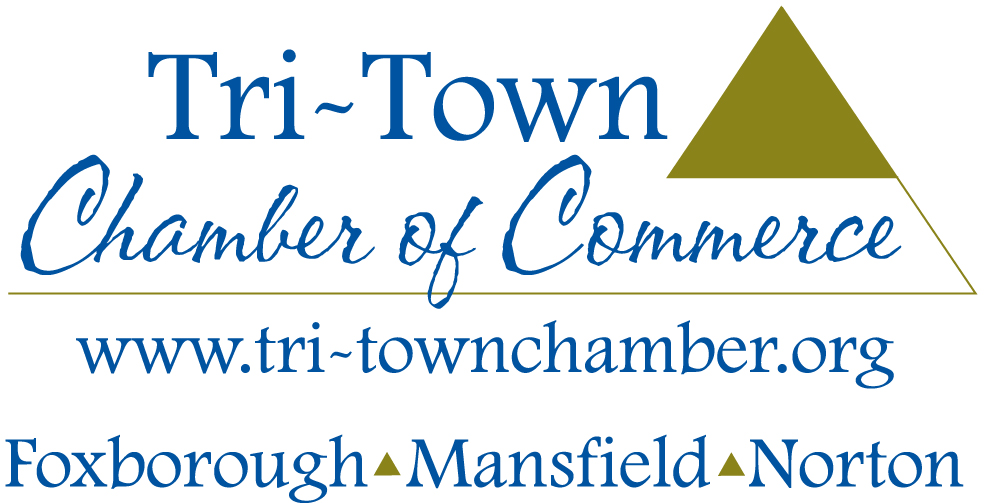Improving personal productivity is a persistent theme of current thought leadership, ever present in blogs, podcasts, and books. (I wrote about my own personal productivity methods last year!)
And while this advice is helpful for individual growth, how many of us exist in a vacuum (that would suck!), completely independent of others for our own success? None of us do, of course. We are part of a community that relies on interpersonal skills to prove value, express understanding, and bolster the bonds that generate business.
You can be the most motivated, efficient, and streamlined individual, but if you are a demanding tyrant, all of your gains in personal productivity will be wasted.
The key is that one person’s demanding tyrant is another’s driven boss, and another’s goal-oriented win-at-all-costs manager. Every day we interact with different personality types, different learning styles, different attention spans, and different workplace settings. And our relationships fall across a wide spectrum of overlapping styles, types, and traits, making our self-awareness, perception, and empathy crucial to understanding how to work well with others.
What requires more attention is improving how we interact with clients, colleagues, bosses, employees, vendors, and partners.
Here are some ideas I keep in mind as I navigate my business interactions…
Personality Types:
Whether you’re a fan of the Myers-Briggs, Disc, True Colors, or any other personality test, the vital part is to recognize the indicators of your own personality, and equally as important is to recognize those indicators in others. Understanding how your behaviors coexist with others will offer compelling insights, allowing you to powerfully develop your network and collaborate effectively.
We depend on mutually beneficial relationships, and there is no better way to strengthen those relationships than with a true understanding of what makes people tick. Remember the last time you tried to discuss the details of a project with a creative person?
Learning Styles:
I learn by seeing and hearing a topic being discussed, but putting a book in front of me and asking me to retain the content is a futile task. I also listen to different audio content (music with no lyrics, music with lyrics, or podcasts) that demands varied attention levels to help me focus on my main task at hand. Right now I am listening to Miles Davis. (I guess growing up in a household with five siblings now forces me to employ constant noise to feel at home and comfortable!)
I know that this is not universal, however. Acknowledging how your team members (at any position on the field) learn best allows you to customize to the efficiencies and preferences, leading to better results.
Attention Spans:
I’ve been listening to the Faster Than Normal podcast recently, hosted by Peter Shankman. His first guest was Dr. Edward Hallowell, aka the ‘Father of ADHD’, author of Driven to Distraction.
He discusses using your attention span, whether diagnosed or not, as a superpower, since the flip side of ADD/ADHD is an ability to hyper-focus on a subject that has grabbed your attention.
I see this in many CEOs, as these traits often manifest in a dogged pursuit of a business goal, all the while ignoring the naysayers who might tell you said goal is unattainable. As I work with more and more people, I’ve identified the need to tailor my business to maximize the output from each person.
Workplace Settings:
Do you prefer a darkened office, or a sun-drenched open workspace? The settings that are invigorating for one person may be overstimulation for another. While I like a consistently noisy backdrop, I realize that some people work best in quiet settings, or in a coffee shop with many distractions, or outside in a park.
In addition, businesses that have established a collaborative team atmosphere, versus those that are reliant on individual performances, need employees, managers, and outside consultants to factor these when any new or modified initiative is begun. Or maybe schedule a team lunch?
The main idea in all of this is that one size does not fit all. We all act differently, think differently, work differently and thus the need to support others in getting into their ‘zone’ for maximum productivity is an important tool for success.
And if you are reading right now, thinking, is he talking about me? The answer is yes.
What did I miss? What have you experienced?

